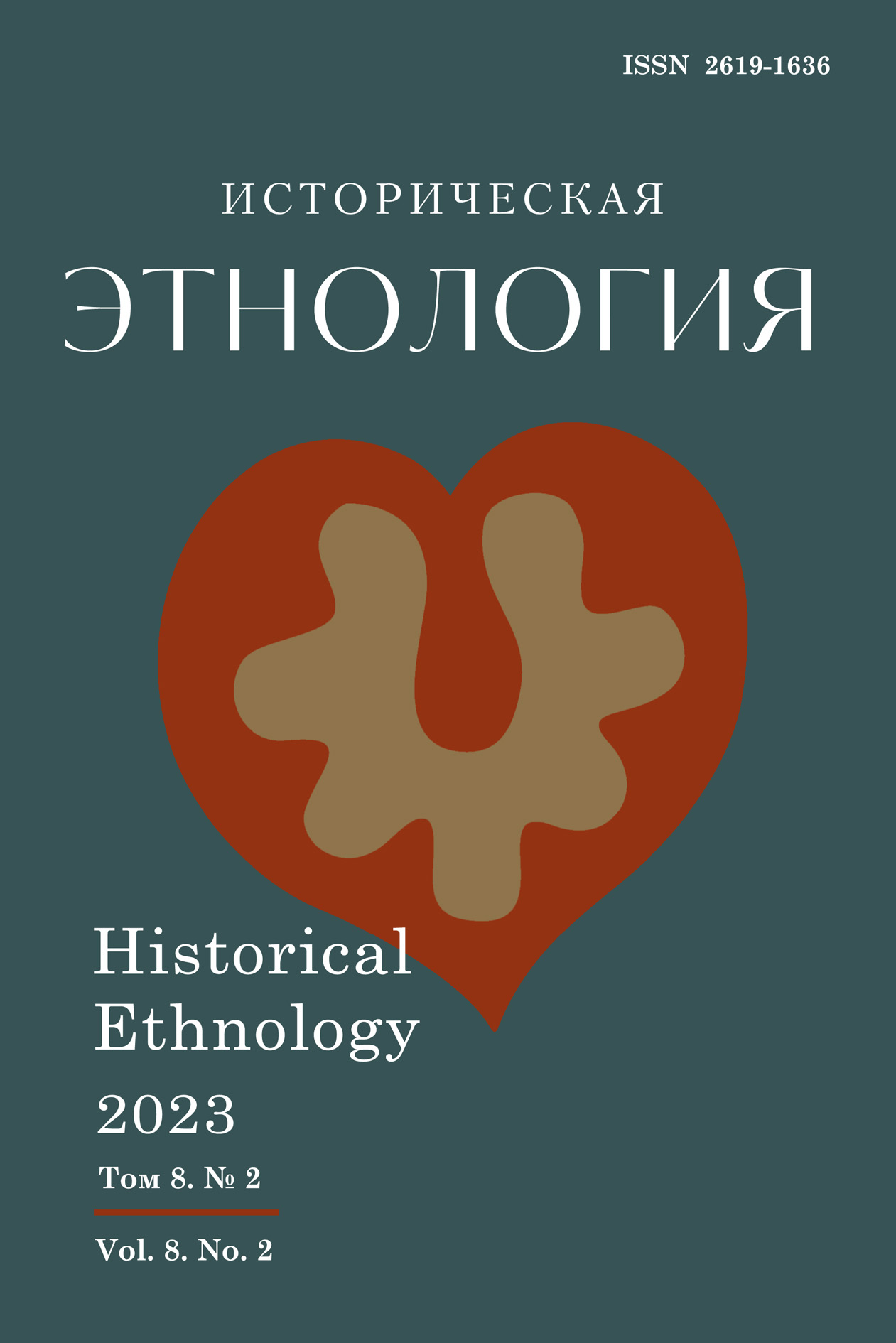
Main menu / 2023, vol.8, no.2 / Gabdrakhmanova G.F., Laukart-Gorbacheva O.V.
Ethno-cultural component of the human capital of the Republic of Tatarstan in official discourse and practices Gabdrakhmanova G.F., Laukart-Gorbacheva O.V.
264-277 p. doi.org: 10.22378/he.2023-8-2.264-277 One of the key conditions for the successful development of modern states is human capital. The international approach to calculating the Human Development Index, developed within the framework of the UN Development Program, is unified and does not pay attention to the socio-cultural (ethnic) factor. To assess its significance, the authors of the article carried out a discursive quantitative and qualitative analysis of the "Strategy for the socio-economic development of the Republic of Tatarstan until 2030" and semi-formalized interviews with experts. The purpose of the article: to identify the significance, foundations and meanings of the ethno-cultural component of the human capital of the Republic of Tatarstan and how they are implemented in practice. The results of the study revealed the high focus of Tatarstan on supporting the ethno-cultural component of the region’s human capital. Such a component is considered to be an indicator of the quality and diversity of the cultural life of the people living in Tatarstan. The republican government aims to develop human capital by supporting creative initiatives, motivating the population to build up creative competencies. The positioning of the republic as a region with international peace and harmony is used by Tatarstan to attract highly developed human capital from other regions and investors to stimulate its development. Keywords: human capital, Republic of Tatarstan, ethnicity, cultural component, official discourse, expert opinion For citation: Gabdrakhmanova G.F., Laukart-Gorbacheva O.V. (2023) Ethno-cultural component of the human capital of the Republic of Tatarstan in official discourse and practices. Istoricheskaya etnologiya [Historical Ethnology]. Vol. 8. No. 2: 264–277. DOI: 10.22378/he.2023-8-2.264-277 (In Russ.)
REFERENCES Gabdrakhmanova G.F. (2020) Ethno-cultural resources of economic development. Kazan: Kazan University Publ. (In Russ.)
About the authors: Gulnara F. Gabdrakhmanova, Doctor Sc. (Sociology), Associate Professor, Head of the Department of Ethnological Research, Marjani Institute of History of the Tatarstan Academy of Sciences (7А, Baturin St., Kazan 420111, Russian Federation); medi54375@mail.ru Olga V. Laukart-Gorbacheva, Cand. Sc. (Sociology), Associate Professor, Senior Research Fellow of the Department of Ethnological Research, Marjani Institute of History of the Tatarstan Academy of Sciences (7А, Baturin St., Kazan 420111, Russian Federation); olga241202@yandex.ru Received November 24, 2022 Accepted for publication January 16, 2023 Published Online October 24, 2023 |
Istoricheskaya etnologiya Historical Ethnology
Scientific journal







